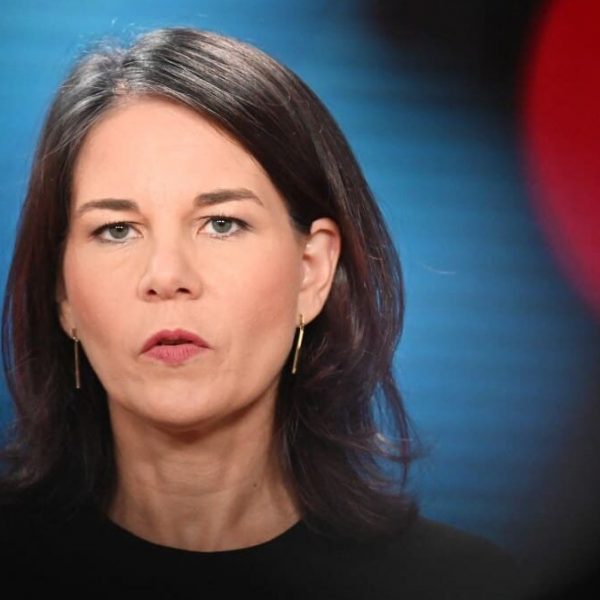
The hawkish German Green minister has criticised Viktor Orbán's government on countless occasions.
By Zoltán KOTTÁSZ
Hungary has cancelled planned talks between Hungarian Foreign Minister Péter Szijjártó and his German counterpart Annalena Baerbock which were due to take place in Budapest on Monday, July 8th. Hungary announced on Saturday that it had to cancel the meeting for technical-not political-reasons due to unforeseen circumstances, but that it would reschedule the meeting at a later date.
Following the cancellation, the German foreign ministry issued a statement, saying they were "surprised" by the decision. "A serious and honest personal discussion between the two foreign ministers would have been very important in light of Hungarian Prime Minister Viktor Orbán's surprise visit to Moscow which took place without consultation. We regret what happened," they wrote, referring to Orbán's meeting with Russian President Vladimir Putin on Friday.
As we recently reported, Orbán visited both Kyiv and Moscow last week in an attempt to talk to both participants of the war that has been raging for almost two-and-a-half years. Putin has been snubbed by the European Union, and EU leaders have called any attempts to involve Russia in peace talks an appeasement to Putin. Many of them criticised Orbán for negotiating with Putin and said the prime minister has no mandate to engage with Russia on behalf of the EU. German Chancellor Olaf Scholz tweeted: "In foreign policy, the European Council is represented by Charles Michel. The EU's position is very clear: we condemn the Russian war of aggression. Ukraine can rely on our support."
Orbán himself never said he was representing the EU at talks with Putin despite Hungary holding the Presidency of the Council of the European Union since July 1st. He did say, however, that he would like to find out how far Ukraine and Russia were willing to go, and report his findings to the other EU member states. He said, "Peace will not happen of its own accord; there will be peace if someone creates peace."
Hungary has been the only EU member state since the start of Russia's invasion of Ukraine to decline sending weapons to Ukraine out of fear of prolonging the war. It has called for a ceasefire and peace talks instead and believes peace can only be achieved if dialogue is maintained with Russia, something other EU member states are unwilling to do.
Germany, on the other hand, has become one of the most hawkish EU member states under the left-liberal government of Olaf Scholz. Berlin was initially only willing to send helmets to Ukraine at the beginning of Russia's invasion. However, it has since delivered anti-aircraft systems and battle tanks and recently gave its consent to Ukraine to use German weapons against targets inside Russian territory. The second largest party within the government, the Greens have been especially hawkish, with Annalena Baerbock once declaring "We are fighting a war against Russia." She has regularly criticised Hungary for blocking decisions in the EU related to military support and the EU accession of Ukraine.
Nevertheless, Viktor Orbán's self-determined "peace mission" continued on Monday with a trip to China, where he held talks with President Xi Jinping and a trip to the United States where the prime minister will attend the upcoming NATO summit. He is also set to hold "surprise" meetings, with Minister of the Prime Minister's Office Gergely Gulyás not ruling out a meeting with Former President Donald Trump.
Original article: The European Conservative